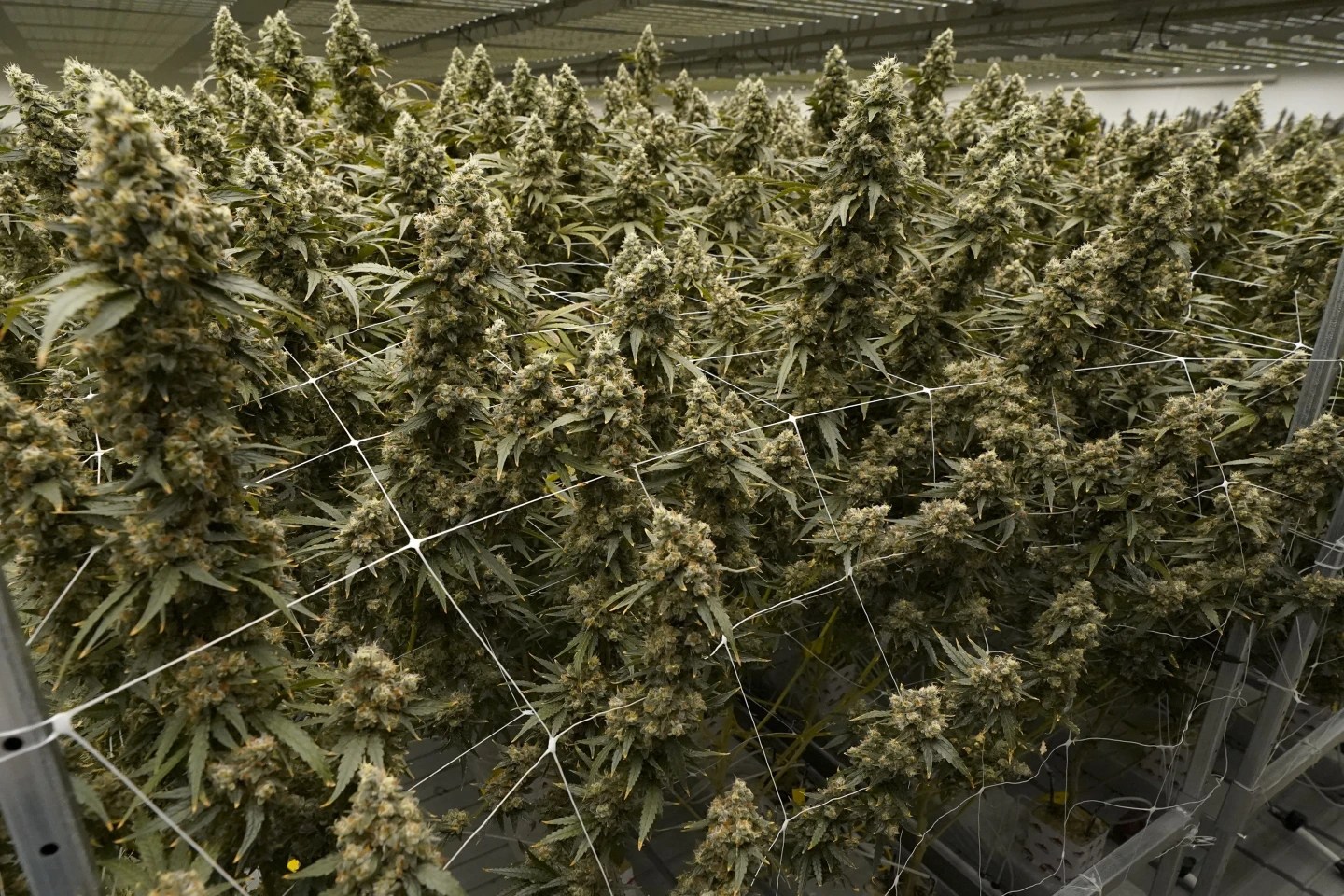As the U.S. government moves toward reclassifying marijuana as a less dangerous drug, there may be little immediate impact in the dozen states that have not already legalized cannabis for widespread medical or recreational use by adults.
But advocates for marijuana legalization hope a federal regulatory shift could eventually change the minds — and votes — of some state policymakers who have been reluctant to embrace weed.
“It is very common for a state legislator to tell me, ‘Well, I might be able to support this, but … I’m not going to vote for something that’s illegal under federal law,’” said Matthew Schweich, executive director of the Marijuana Policy Project, which advocates for cannabis legalization.
Although a proposal to reclassify marijuana would not make it legal, “it is a historic and meaningful change at the federal level that I think is going to give many state lawmakers a little less hesitation to support a bill,” Schweich added.
The U.S. Drug Enforcement Administration has proposed to shift marijuana from a “Schedule I” drug, which includes heroin and LSD, to a less tightly regulated “Schedule III” drug, which includes ketamine and some anabolic steroids. Federal rules allow for some medical uses of Schedule III drugs. But the proposed change faces a lengthy regulatory process, which may not be complete until after the presidential election.
In the meantime, the proposed federal change could add fresh arguments for supporters of ballot measures seeking to legalize marijuana. Florida voters will decide on a constitutional amendment allowing recreational cannabis this November. Public votes could also be held in several other states, including South Dakota, where supporters plan to submit signatures Tuesday for a third attempt at legalizing recreational marijuana.
Following two previous failed attempts, a Nebraska group is gathering signatures to get two measures onto this year’s…
Read the full article here



